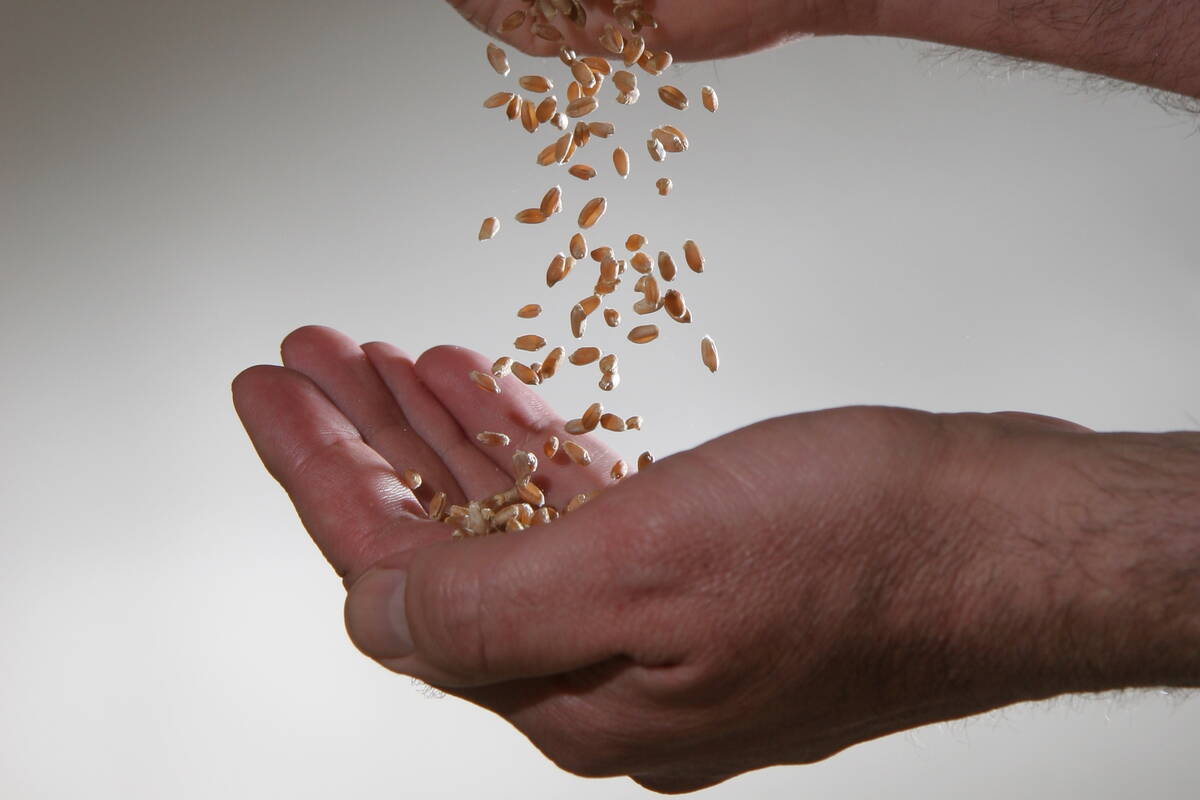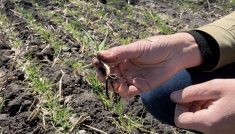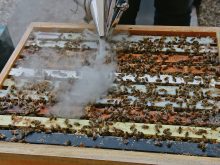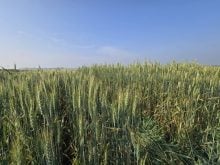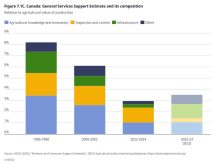Revised Seeds Act regulations will reduce the government’s role in seed sector regulation and introduce more direct stakeholder input on seed issues, says the Canadian Food Inspection Agency.
Wendy Jahn, national manager of the seed section at CFIA, gave a preview of the government regulator’s policy paper at the Seeds Canada annual conference in Quebec City, where she spoke before the document was released in late July.
WHY IT MATTERS: Seeds rule changes have been a tangle that industry and government have been trying to pick apart for years.
Read Also
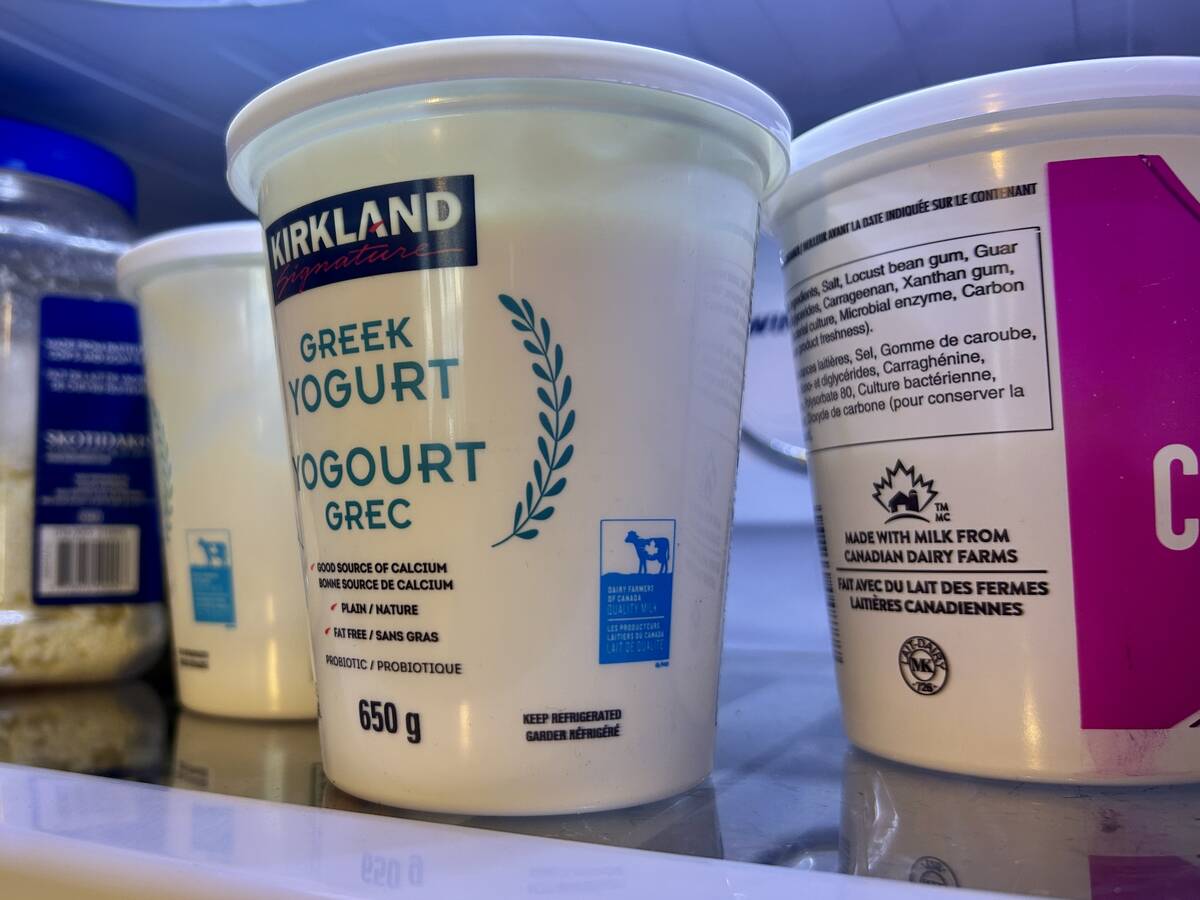
Big changes ahead for dairy market
Dairy consumers put bigger eyes on protein, while CUSMA review looms large for Canada’s dairy farmers
The policy paper is the first time that new potential regulations and legislation changes will be available to the public.
The modernization process has been ongoing for five years, and it will be into 2026 before legislative changes are published in the Canada Gazette, the last step before it goes before Parliament.
Jahn says that there will be 52 changes to the act, under three categories:
- red tape and administrative burden reduction,
- marketplace competitiveness and innovation, and
- protecting farmers, consumers and the environment.
Here’s what we know so far about the regulatory changes:
Easier changes when changes are needed: Future changes to areas such as seed standards, labelling requirements and variety registration lists will be updated outside of the formal regulatory change processes.
Industry input: Seeds Canada and the Canadian Seed Growers Association collaborated on a proposal for an industry seed advisory committee, and Jahn confirmed that the committee will be made up of representatives across the seed value chain and increase communication between the CFIA and committee members.
Third party service delivery: The policy document will recommend that the job of making sure imported seeds conform to Canadian standards will be expanded to accredited labs. Seed tags are printed by some companies that have a licence agreement with the CFIA, but other seed tags have to be purchased through the CFIA. The new act proposes movingthe provision of seed tags to a third-party provider, which will help update the tag printing technology currently in use. The third-party provider will be investigated for seed export certification so that the Organization for Economic Co-operation and Development documentation could be provided electronically. The OECD helps with standardization of seed protocols for export.
Variety registration: Some registration of seeds for certain crop types, such as soybeans, potatoes and forages, will be expedited when the variety has been recognized by a foreign jurisdiction. There will be more co-ordination within Canada on variety registration. There is one western registration committee, but three in Eastern Canada. The goal is to have one response from the three in Eastern Canada when a variety has been approved by the western committee.
“Our preference is that all registrations are national,” she said.
The CFIA wants to make it easier for companies that are cancelling a registration to transfer it to another registrant. This can happen when one company no longer wants to support a variety registration, but another company is interested in continuing to sell it in the market.
Heritage, heirloom and alternatively bred varieties will have a regulatory pathway that will establish testing requirements for those crops.
Certification and labelling: The CFIA plans to make crop labelling requirements easier to change, while eliminating restrictions on blending varieties. Certified cereal mixtures will be allowed to contain different varieties. Common seeds will have to be graded by an accredited grader if it will be sold or advertised with a name.
Seed imported into Canada will now have to be cleaned and tested for purity before it crosses the border, closing a loophole that resulted in some seed lots with noxious weeds into the country.
Next steps
The next steps for the seed regulatory modernization process were scheduled to include Indigenous consultation this summer, as well as August webinars for Seeds Canada and other stakeholder feedback.
“We’re going to go over each and every one of our 52 changes and have ample time to answer questions,” says Jahn.
The CFIA will publish reports about what it heard from stakeholders in early 2026, and the movement of the new act into the legislative process is scheduled for winter 2026.
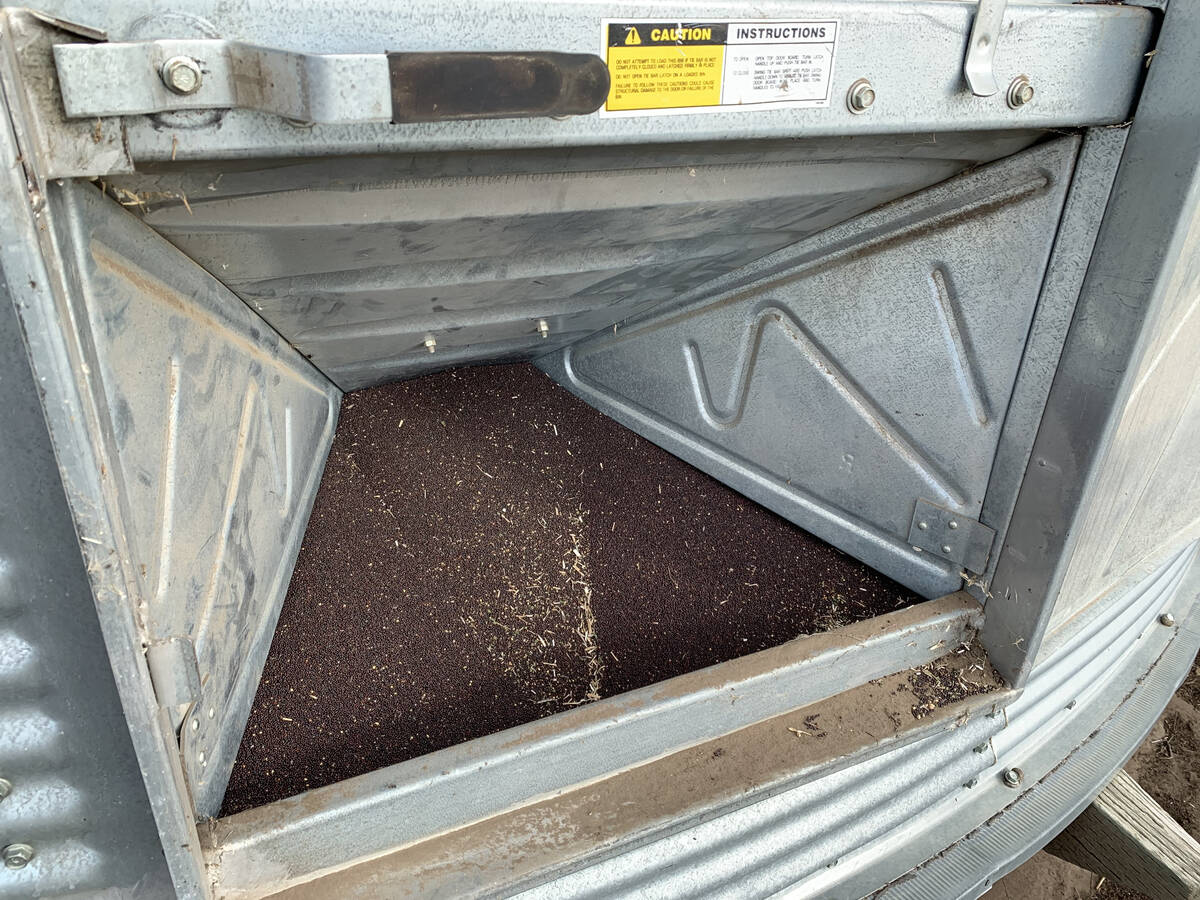
The agency used a process that brought in more sector consultation in the form of teams from the sector, but that hasn’t meant a quicker process.
Barry Senft, chief executive officer of Seeds Canada, says the process had challenges, such as the fact that there wasn’t a benchmarking study until the task teams were halfway through their work.
“The promotion of it being co-development, I think, is stretched because government laid out the plan of how it was going to be reviewed, and one of our staff always suggested was more of an editing process,” he said.
Creating more ability to make changes through regulation rather than through changes to the act will make that process quicker, “but let’s understand that CFIA still has final approval authority,” says Senft.
“We’re not talking about no regs on the table, but they should be common sense.”

